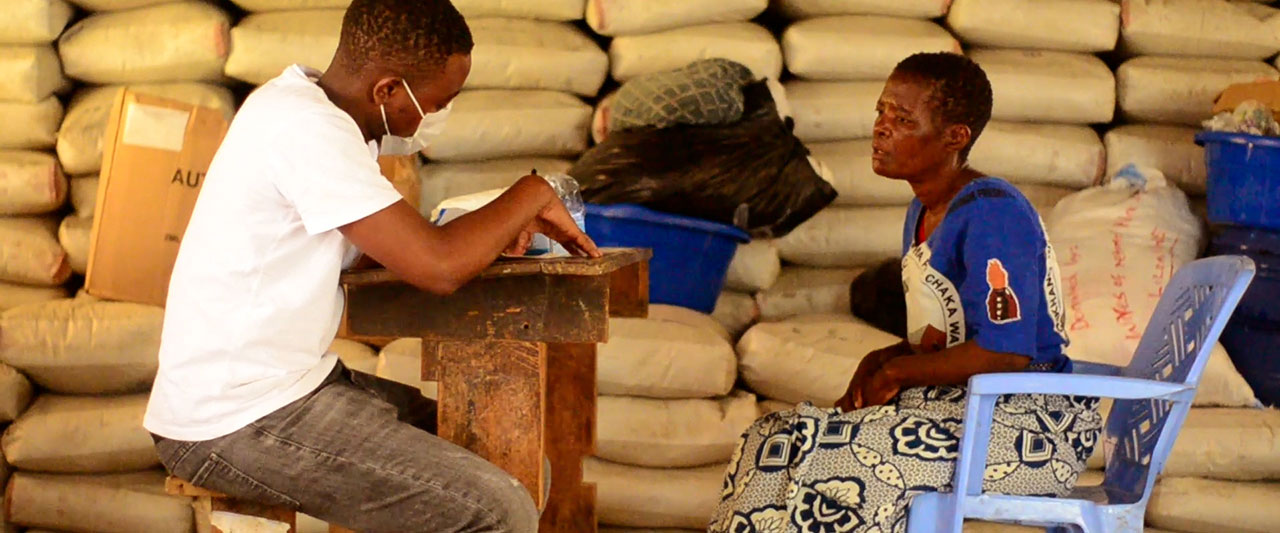Around the world, recognition is growing that climate justice and reproductive justice are inextricably linked—and that effective solutions to the climate crisis require a focus on women’s rights and needs. Yet philanthropic support is lagging: Only 0.01% of global funding goes to projects that tackle both climate and women’s rights.
“There is no more urgent fight for women right now than that of climate,” wrote Fatima Bhutto for The Guardian last month. “The crisis will affect women more than everything else in the world—more than abortion rollbacks, more than oppressive governments, more than lower pay grades.” She points out that 80% of people displaced by the climate crisis so far are women.
In so many recent climate disasters, women and girls have been the most impacted—and this includes their sexual and reproductive health. Research by Ipas in Mozambique and Bangladesh found that climate change disproportionately impacts women and girls by exacerbating existing gender inequalities, disrupting access to sexual and reproductive health care, and reducing their already limited economic opportunities.
“Women and girls, who are bearing the brunt of the climate crisis, must be at the center of disaster response efforts as well as programs to build climate resilience,” says Anu Kumar, Ipas President and CEO. “Globally, we need all funders to recognize how crucial this is.”
Reproductive health care: A critical need during a crisis
In places affected by extreme flooding and cyclones, Ipas is working with governments and health systems to ensure response efforts include sexual and reproductive health services like family planning, contraception and abortion. Not only do these services become scarce or nonexistent during and after an acute crisis, but sexual violence increases in the wake of such disasters, in turn creating greater need for this essential health care.
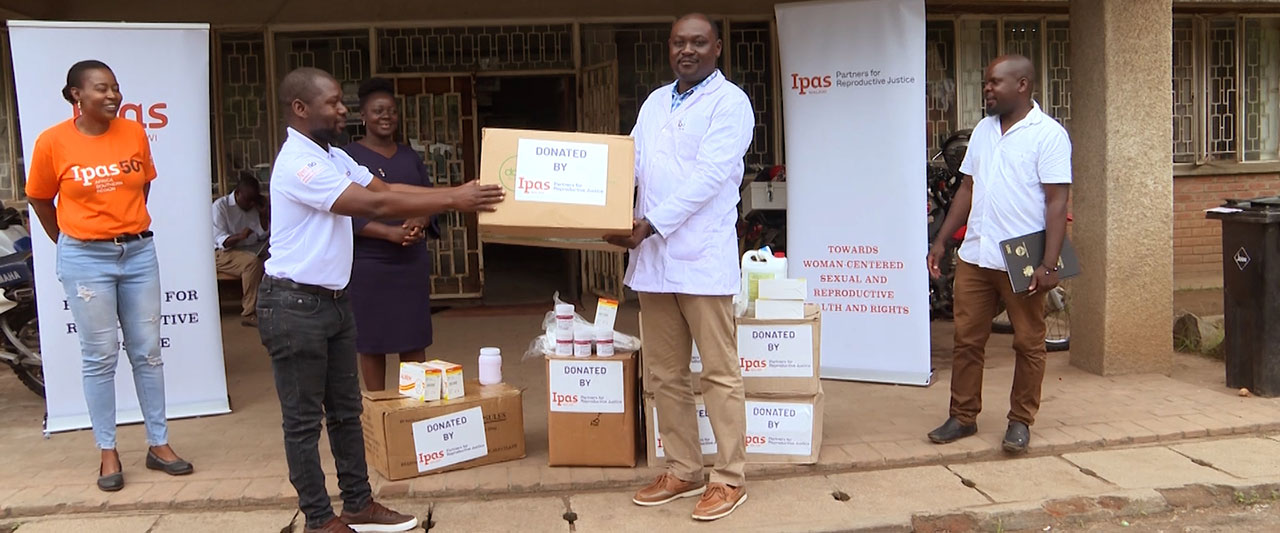
Representatives of Ipas Malawi delivering a donation of medical supplies to support sexual and reproductive health services at Blantyre District Health Hospital, where Cyclone Freddy displaced many people from their homes.
Malawi and Mozambique
In the wake of Tropical Cyclone Freddy, which made landfall twice over southern Africa in March, Ipas worked quickly in Malawi and Mozambique to ensure reproductive health care was available to those affected by the storm. In Malawi, Ipas donated medical supplies to support sexual and reproductive health services for people living in camps after being displaced by storm damage and flooding.
Pakistan
After record flooding in 2022 in Pakistan, Ipas launched a response in collaboration with government and local partners that provided high-quality sexual and reproductive health care, including abortion, for thousands of women and girls displaced by the floods.
Building climate resilience and improving reproductive health
Where environments are strained by drought or repeated flooding, many of the mainstays of daily life are disrupted: farming and food supply, clean water, jobs, and access to health care. And in the many places where women are responsible for procuring water and food for their families, they can be forced to travel great distances—risking their personal safety—or else struggle to survive with meager resources. Programs to help build a community’s resilience to climate change and the challenges it brings can therefore greatly improve women’s lives, including their reproductive health.
Kenya
In rural Kenya where drought has become a reliable challenge, Ipas supports the local group Pastoralist Community Initiative and Development Assistance (PACIDA) in their work to address the links between climate change and sexual and reproductive health. For example, PACIDA has trained women on how to grow kitchen gardens (small-scale gardens that don’t consume many resources but improve nutrition for families) and on environmentally sustainable menstrual hygiene (how to use menstrual cups and washable, reusable menstrual pads).
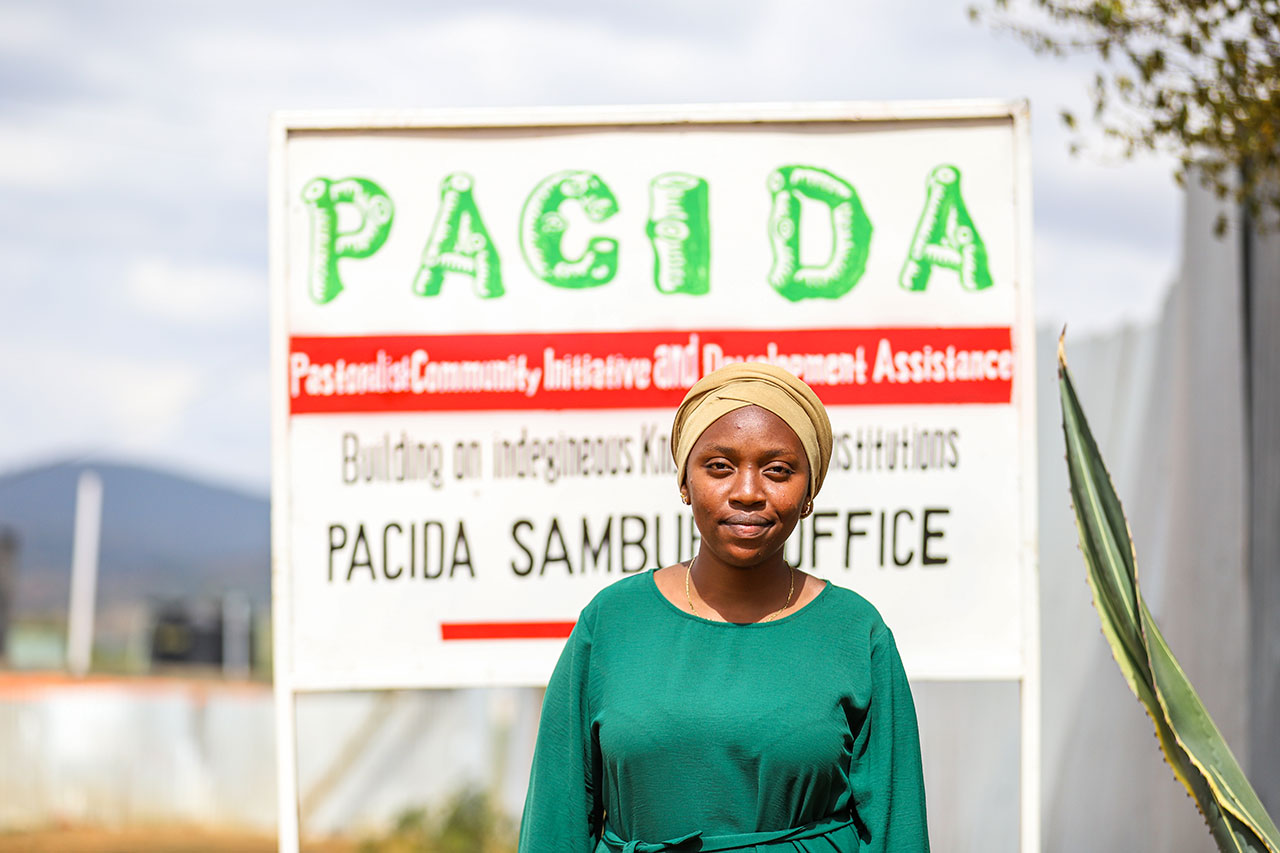
Abdia Lalaikipia, PACIDA project coordinator. Photo by Esther Sweeney for Ipas
Learn more about our work in crisis settings and why we advocate for women-led climate justice
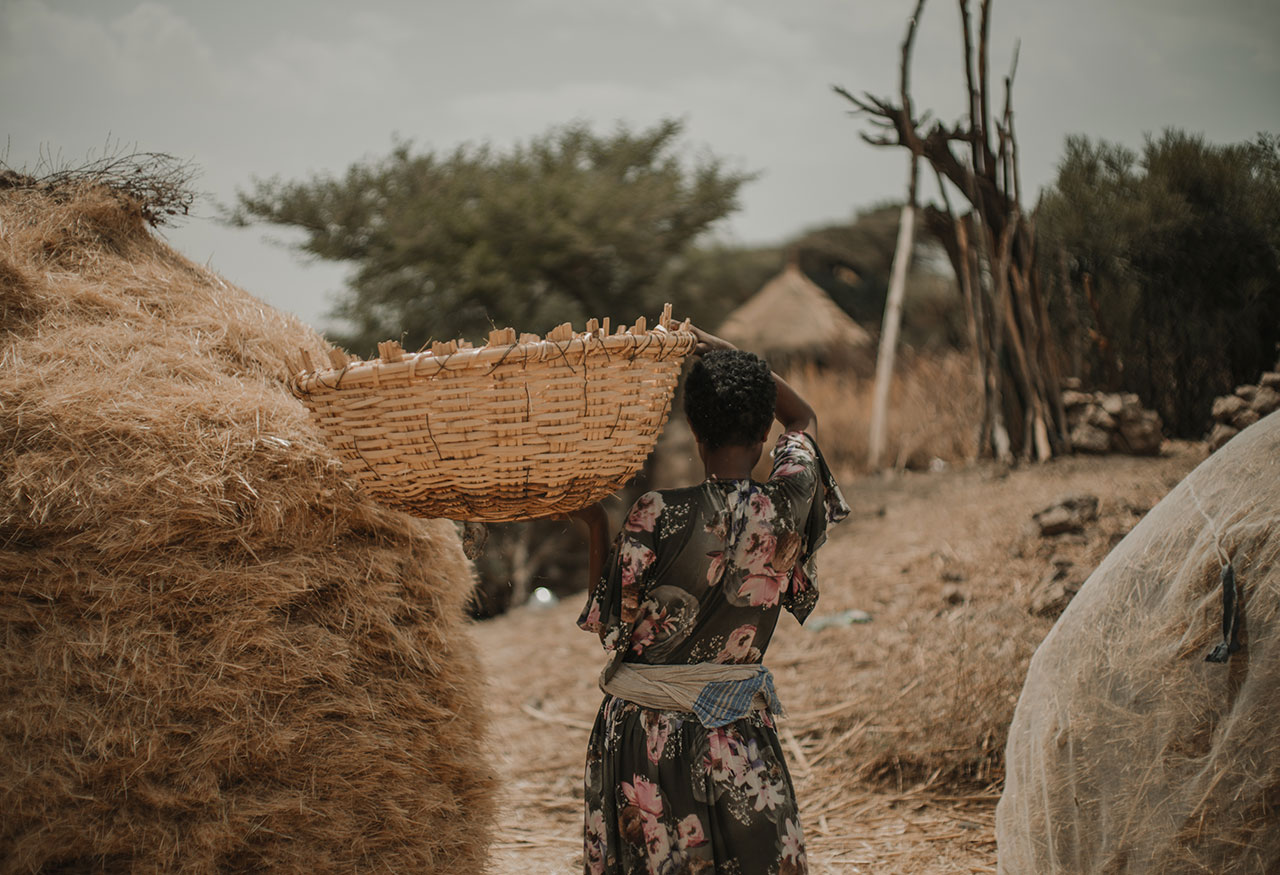
Making abortion accessible in crisis settings
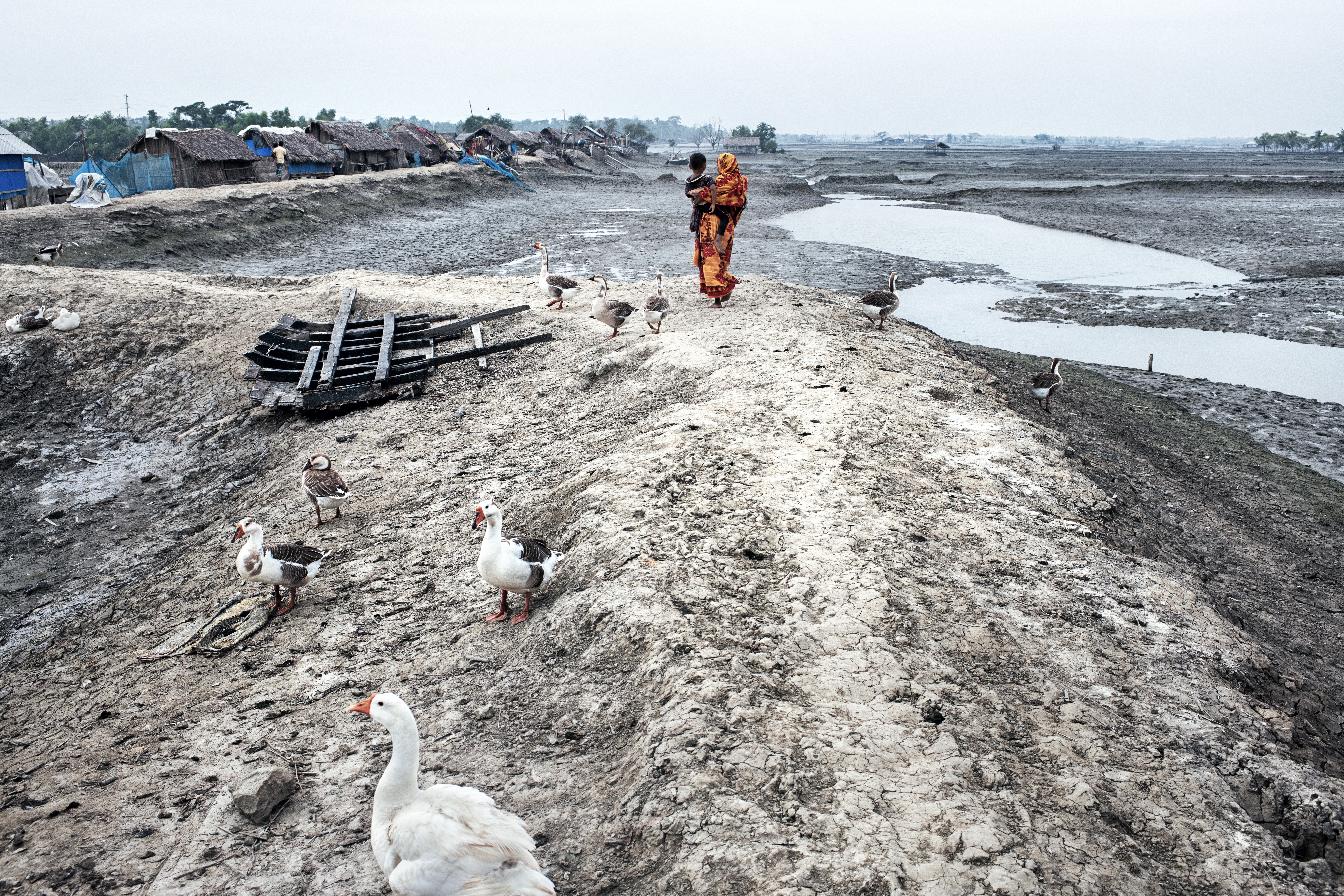
Advocating for women-led climate justice
Learn why we need women-led climate justice
Our visual storytelling collection highlights the connections between reproductive justice and climate justice through real women’s stories.


